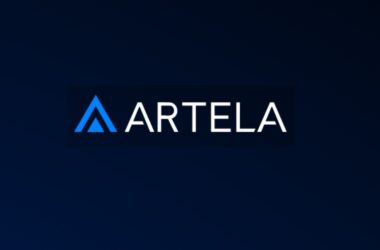Last Updated on June 9, 2023
Quick take:
- Brave has added a token-gating feature to its web3 calling service.
- Brave Talk will allow users to token-gate calls using NFTs and POAPs.
- The privacy-first browser’s web3 calling service is available to users with a premium subscription.
Brave has announced the launch of a token-gating feature on Brave Talk, a decentralised web3 calling service offered to users with premium subscriptions.
The privacy-first browser said Tuesday the new feature will allow users to token-gate calls using non-fungible tokens (NFTs) and POAPs (Proof of Attendance Protocol).
Announcing the launch via press material shared with NFTgators, Brave wrote: “Starting today, Web3 Brave Talk calls allow hosts to use NFTs and POAPs to token-gate access, configure avatars, assign moderator permissions, and more, mimicking real-life events that you must present a ticket to get into.”
According to the announcement, and comparing the process to joining a Zoom call, the company said Brave users will now have the option to token-gate access to the call with NFTs and POAPs with virtual token-gating.
The new feature will allow members to create members-only events exclusively accessible to those who hold the token. Businesses can leverage the same feature to sell and resell tickets to events via the open NFT marketplace.
Brave believes that adding all these features to its Brave Talk service creates the first fully-integrated web3 live event platform.
The concept of video calling and holding live events via platforms like Zoom and Google Meets gained popularity during the Covid-19 period. Since then, the idea has continued to metastasise in the corporate sector with more companies embracing remote working solutions.
Brave has jumped in with a decentralised version of a video calling service to tap into the rapid adoption of web3 platforms. “Whereas with other video calling solutions (like Zoom or Google Meet) the host can only control access to a call using a password, Brave’s new Web3 calls enable new functionality regarding user authentication and authorization,” the company wrote in a blog post on its website.
The company’s privacy-first browser is growing among users that like to keep their online activity private. Interestingly, that is one of the primary tenets of web3, which bodes well with its decentralised call service.
Brave has plans to expand the service to support non-Ethereum NFTs (currently it only supports ERC-721 tokens). It is also looking to introduce token-gating for owners of a particular token, allowing participants to utilize the balances of a particular token to gain entry to an event.
The company also wants to enable token-gating based on past ownership and allow sending crypto to participants.
****
Stay up to date:
Subscribe to our newsletter using this link – we won’t spam!





